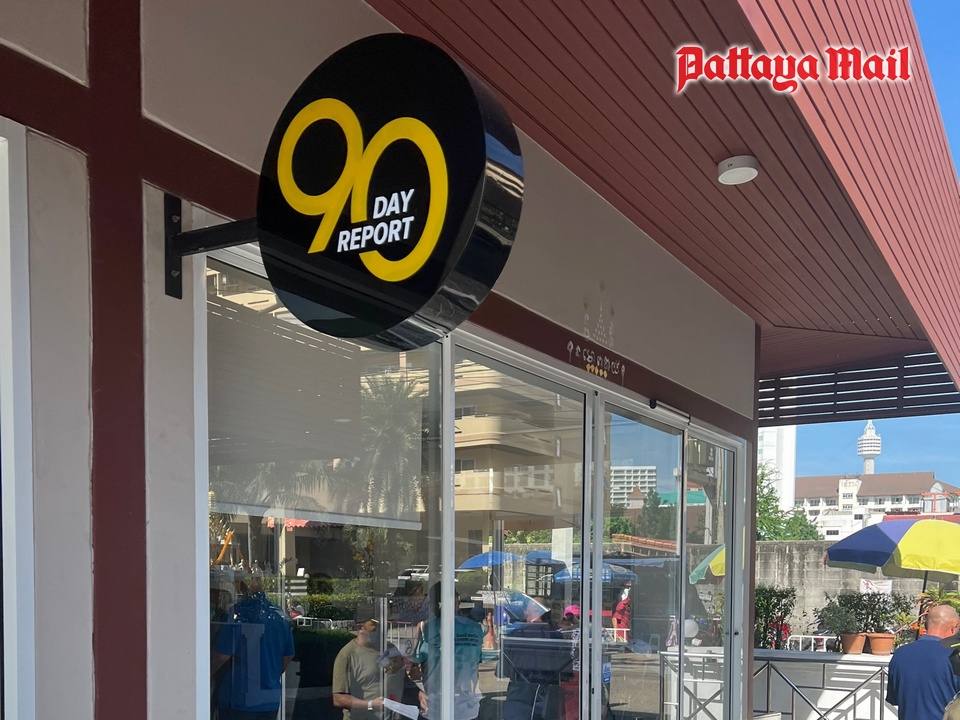
There are several reasons why most expats in Thailand have to report their presence and address every three months. The usual justification is to keep an eye on any wayward farang or to prevent tourists from staying more than three months (including an extension) without leaving the country. But immigration officers say the 90 days report has other uses, for example assisting embassies to locate an individual in Thailand whose relative has just died in the home country. Up to date registration of 90 days is also likely to be necessary for obtain Thai police clearance. Expats can also avoid 90 day reporting if they hold a four year Smart visa or a 10 year Long Term Residence or have qualified for permanent residency, quota or non quota.
All neighboring countries have procedures in place to monitor long term expats. In the Philippines you will need to deal with the ACR (Alien Certificate of Residence) whether a business person, a pleasure seeker or a health tourist. Those with work permits, and some others, must even appear in person for the annual reporting review. Moreover, medical clearance must be obtained via the Bureau of Quarantine in Manila. Vietnam, by contrast, is the only south east Asia country with a government website which suggests you obtain your annual visa through an agent and pay them extra. Vietnam’s visa policy has vastly improved of late, although your landlord is required to register you with the commune police not more than 12 hours after arrival. It’s extended to 24 hours if in a rural or remote area.
Cambodia has the nearest equivalence to Thailand with its app-based Foreigners Present in Cambodia System (FPCS), technically the responsibility of the landlord although (as in Thailand) do it yourself if necessary. Unless registered on FPCS, no visa extensions after the first 30 days can be granted and you’ll likely face fines when trying to leave Cambodia even if you are not on overstay. It is assumed that your notified address on the FPCS remains the same indefinitely unless you change it. Failure to give an update may lead to problems and fines. In fact the FPCS has more in common with the TM30 form in Thailand than with the three months check.
Like it or not, 90 days reporting is here to stay in Thailand especially as the anticipated improvements to the online service take effect. The computer illiterate will still be able to trek to their local immigration office. Expats who leave the country within three months do not have to participate and the clock starts ticking again on return with day one. Registration can be within a three weeks window: 14 days before or 7 days after the due date. Immigration bureaucracy, of course, is one of the biggest areas of expat complaint in Thailand. But moving abroad won’t necessarily free you from the frying pan or the fire.








